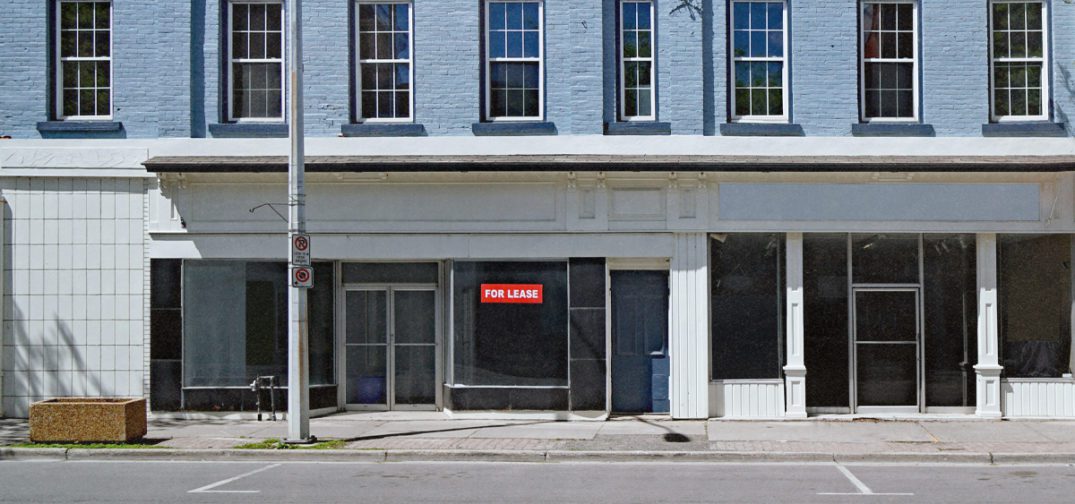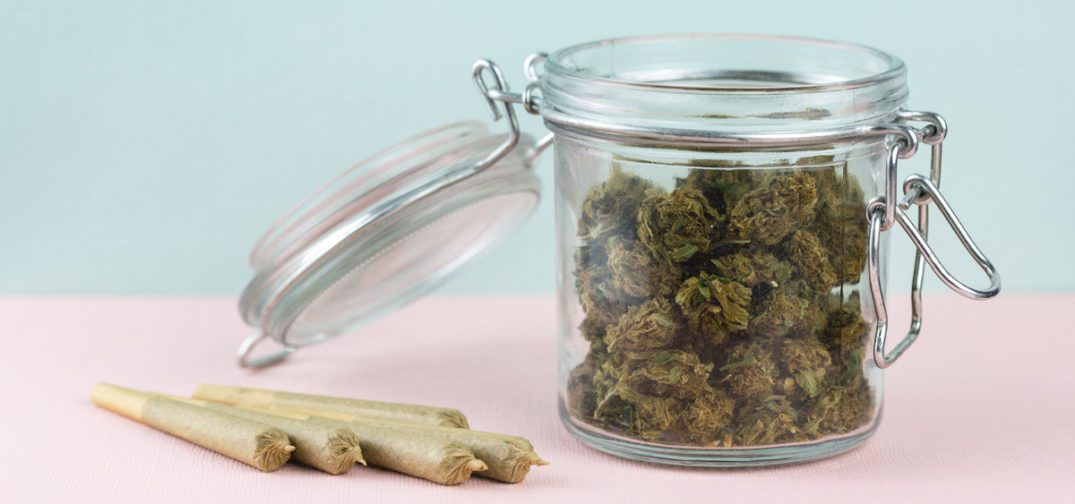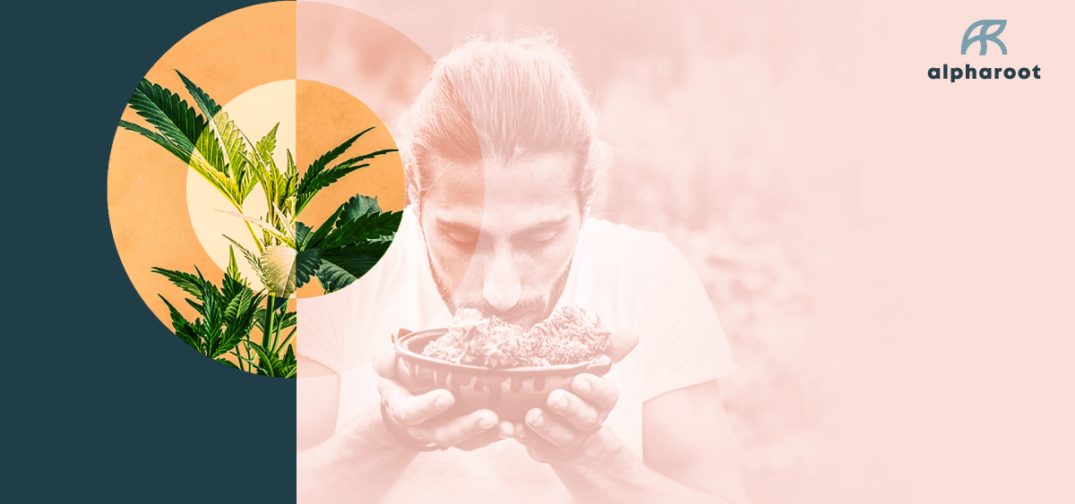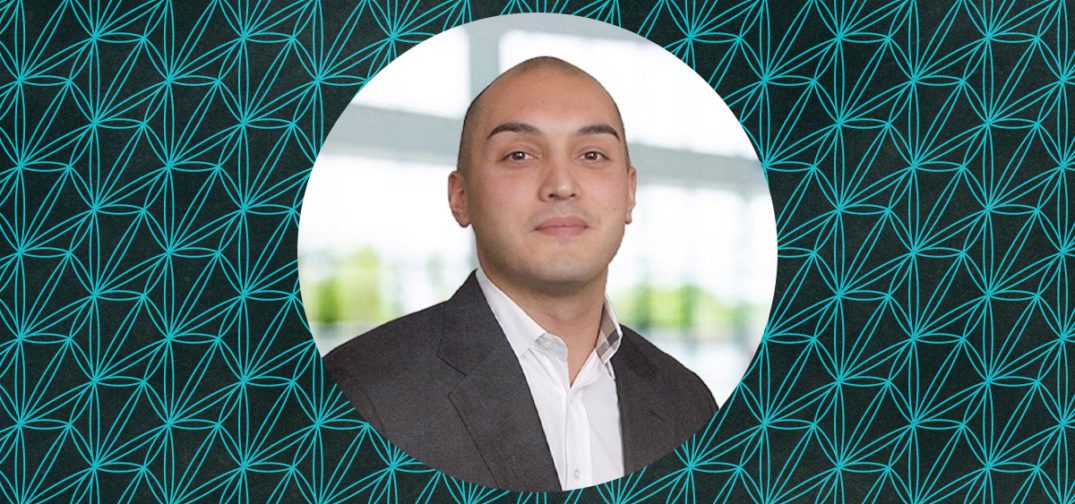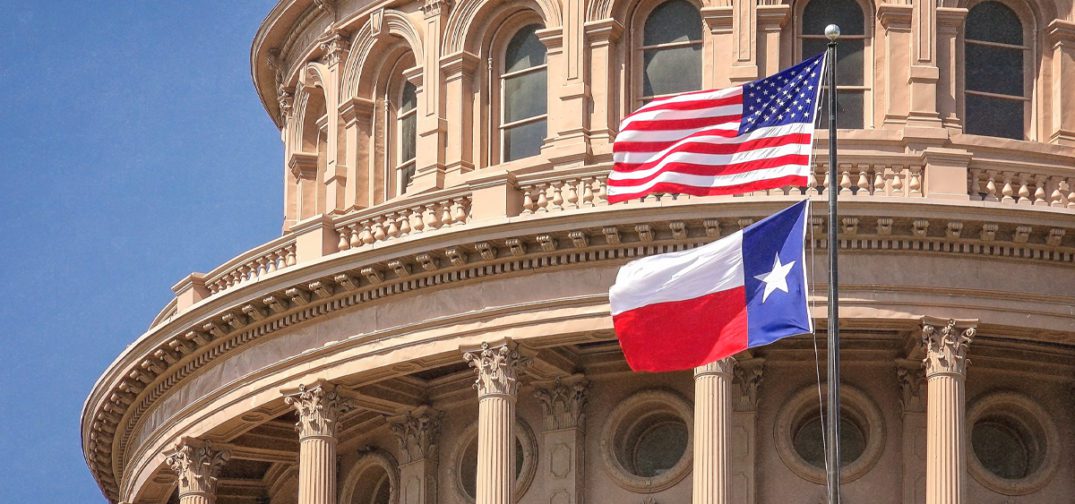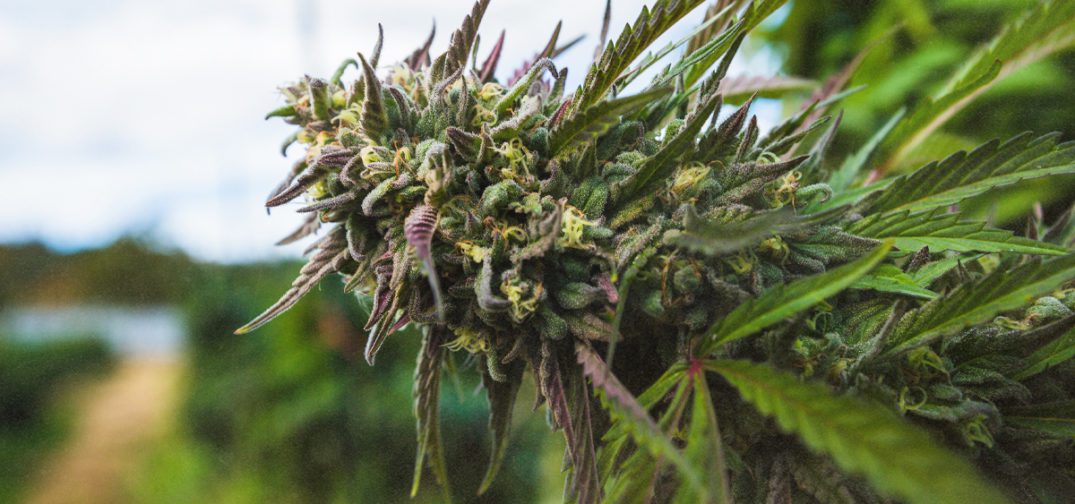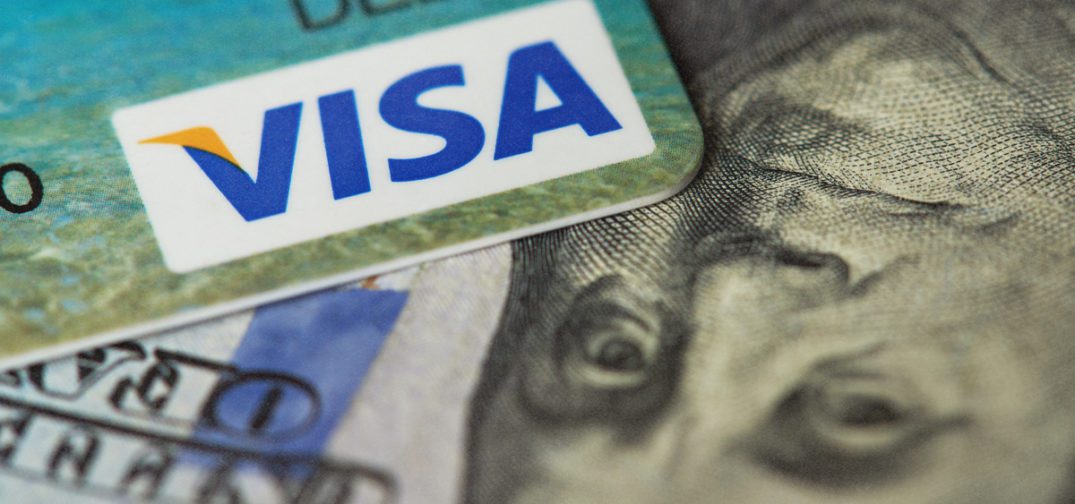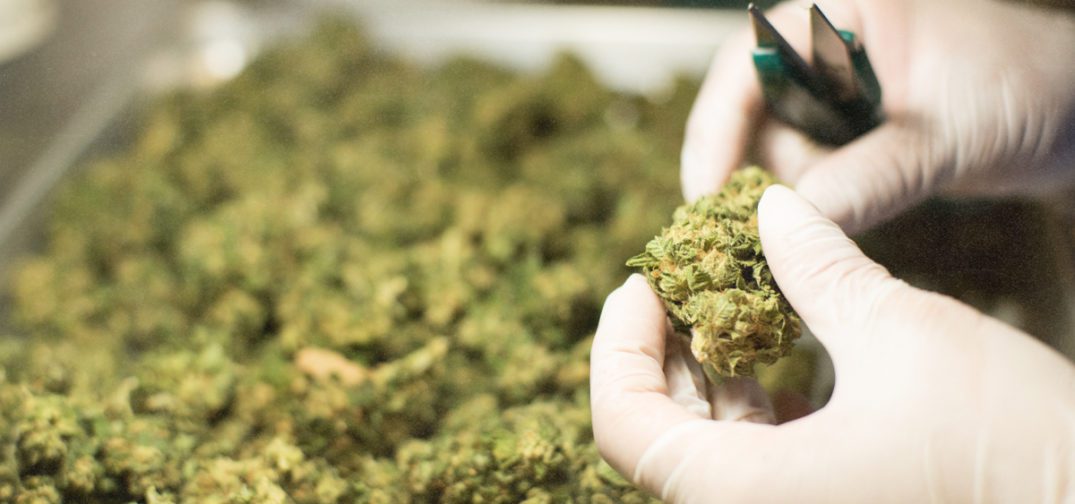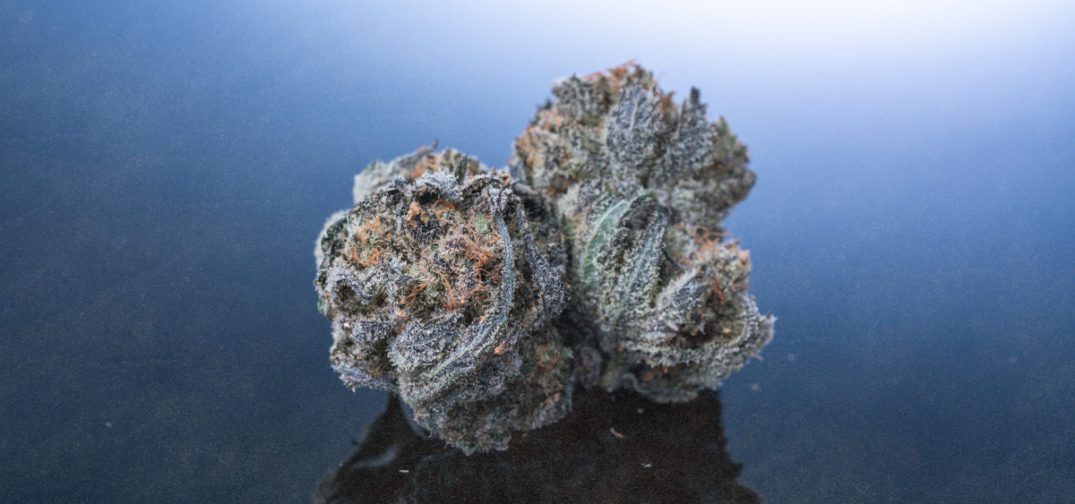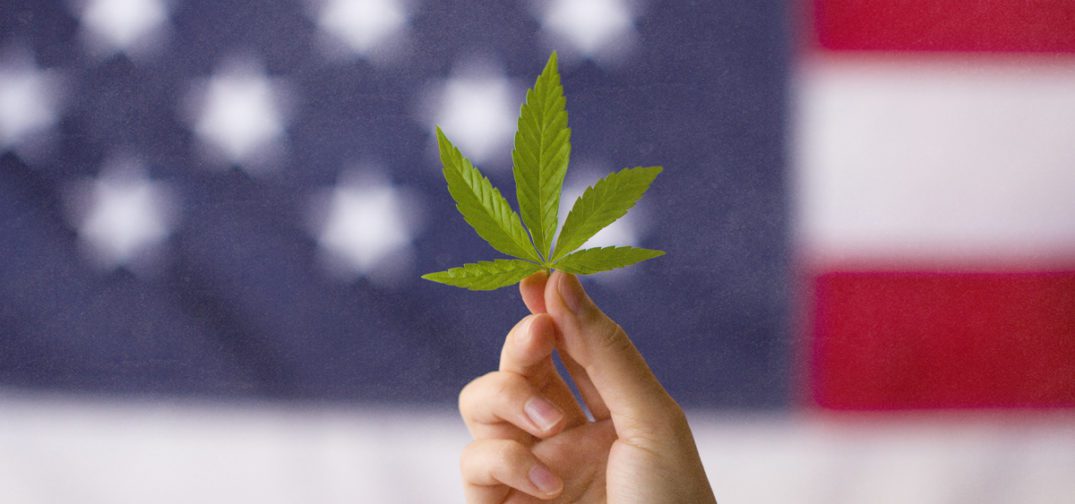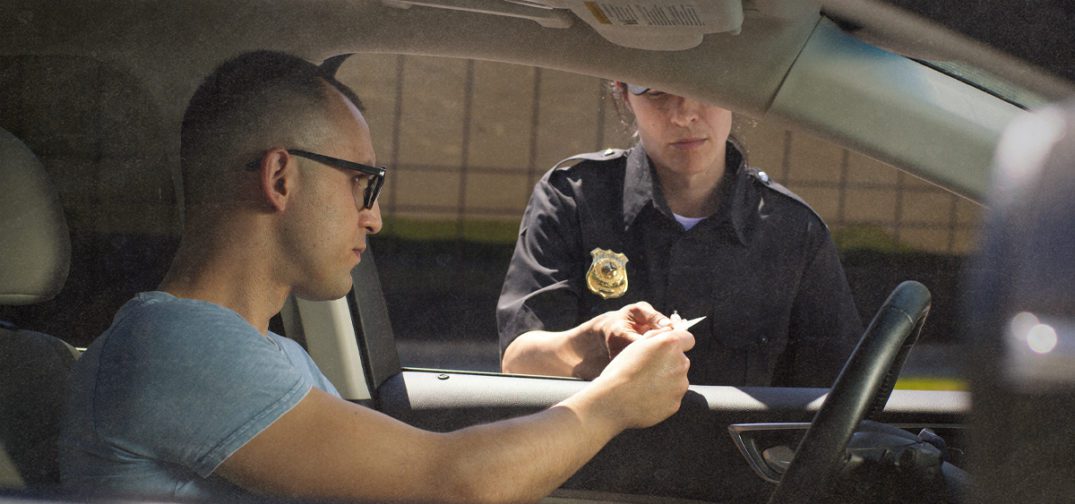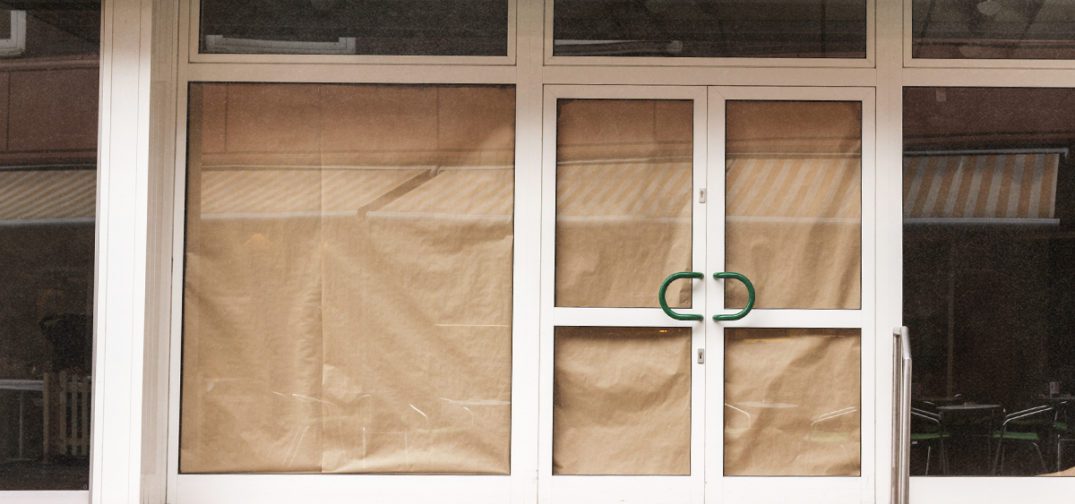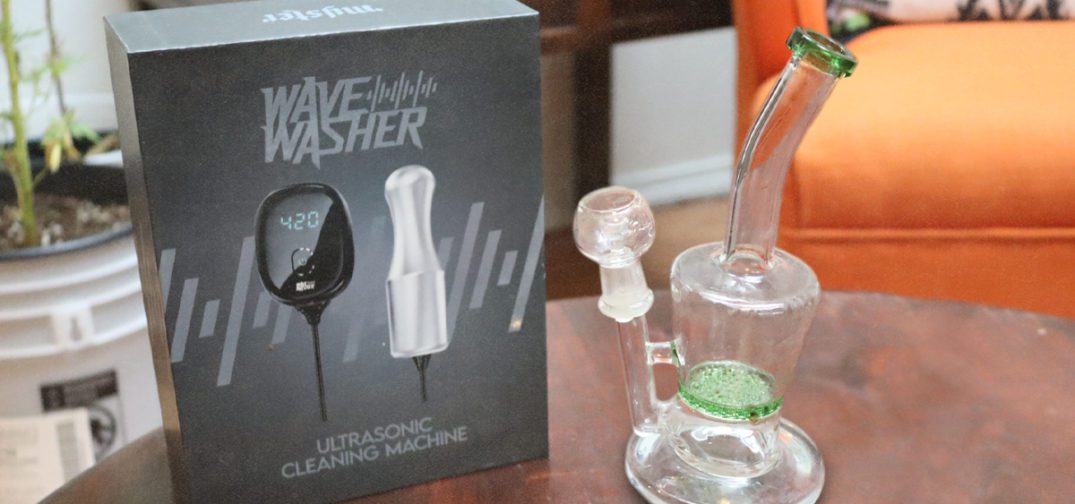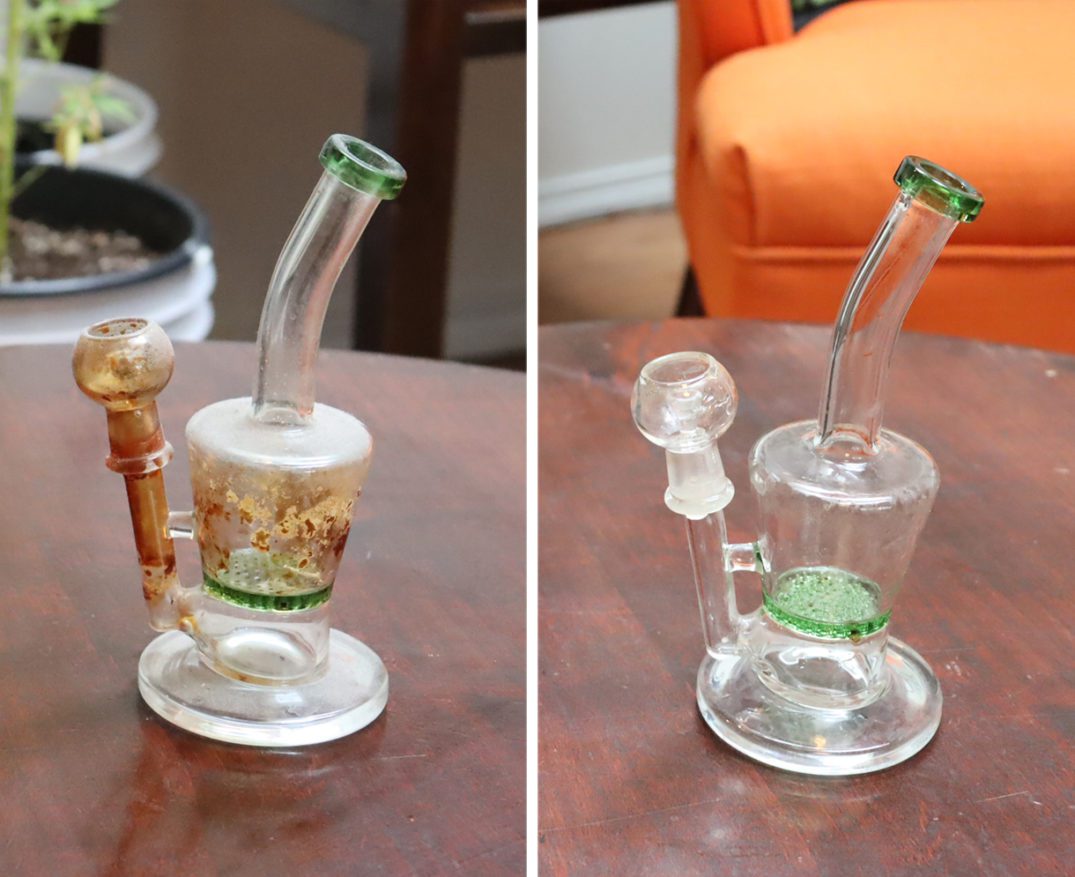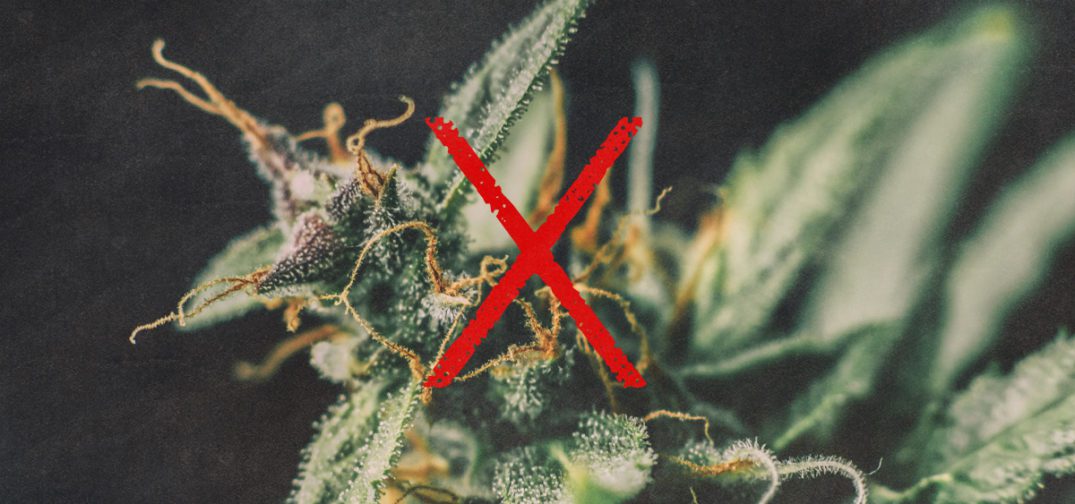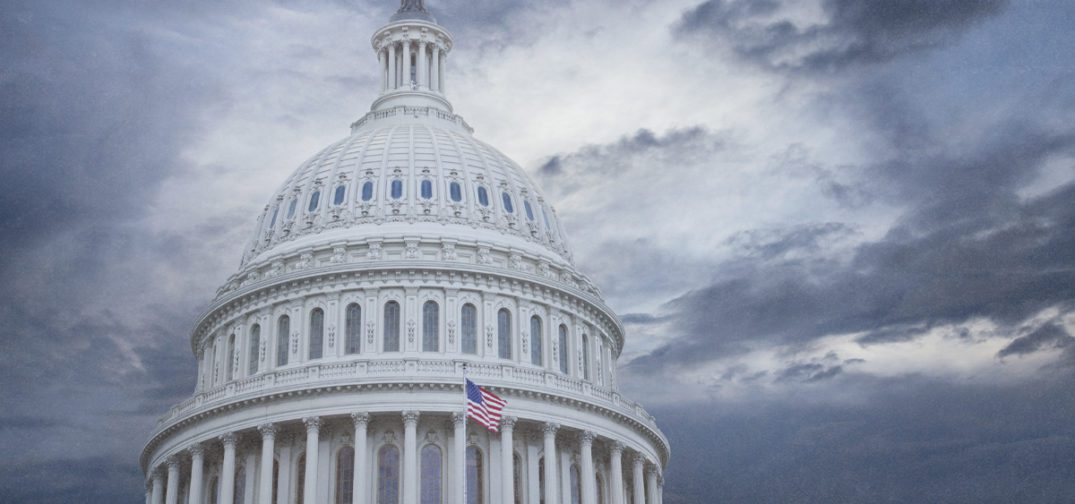Despite decades of activism in favor of safe cannabis access, the regulated industry remains in its infancy. The space is expanding rapidly but with that comes growing pains, many of which have been long-solved for other industries but represent significant challenges for cannabis companies. One such concept that is typically dialed-in for other industries but can be an absolute mess for cannabis businesses is the B2B supply chain. MainStem, co-founded by cousins Alen and Long Nguyen, is an integrated purchasing platform built specifically for cannabis businesses. Alen spoke with me about the platform and what drives him to enter emerging industries like cannabis and tech.
“Coming in with tech, I think it’s a great opportunity to provide solutions, streamline. All the standard stuff that tech does, but really sink your teeth into forming the foundation of this industry,” said Alen.
Long Nguyen was already a medical cannabis operator in Washington when he approached his cousin about stepping into the cannabis industry in 2014. At the time, Alen was an aerospace engineer at a business where he was regularly drug tested, so it had been some time since he’d been even tangential to cannabis. Even so, as Long showed him the processes from seed to sale, Alen realized that while he didn’t know much about weed, he did see solutions for creating more streamlined standard operating procedures in the cannabis industry.
“What I do know is B2B infrastructure,” explained Alen, “and I know that really, really well, and there’s something here that’s got a really big gap: the picks and shovels of where these soon-to-be large farms, large processing sites, and dispensaries… where would they procure all of their supplies. The existing way it was beforehand was really not scalable, so that was our napkin note. We decided that we were going to attack the supply chain.”
Before entering the space, Alen wanted to learn more about the industry and understand how MainStem could bring real value to the space. To do this, he joined the Washington chapter of The Cannabis Alliance, where he met growers, extractors, and processors who were building brands in Washington state. There, he learned that some businesses have five different accounting systems, three ERP solutions, and, if they’re operating in multiple states, multiple bank accounts. Some tech companies have entered the space with tools established outside of cannabis, but they tend to overlook the nuanced issues facing the industry. Alen believes this is the wrong approach: “When you’re in tech in cannabis, not only do you have to create these new innovative solutions, but you also have to really understand the nuances and fragmentations of the industry.”
Once they found the value point, the cousins launched the MainStem marketplace and Supplier Core, which is a platform built out with everything a brand needs to sell its products to businesses that need them. These products go into the MainStem marketplace where retailers, processors, and cultivators who need things like papers and packaging can buy all of their supplies in one place. The platform integrates with the supplier’s systems, providing live pricing and true inventory. If something is sold out, buyers can easily find other viable options waiting in the Marketplace.
MainStem has strategically built out its supplier base to stock diverse products. Their first step was to find a wide breadth of brands and product types; the second was to find brands across many locations. This way, a buyer can find the right product and then also select the option closest to their location, which can cut shipping costs. Each supplier is subject to a specific vetting process which can be intensive but, once they’re onboarded, they get the benefits of having all of their invoices and buyers in one place.
In MainStem’s first year, the brand consolidations started in the plant-touching side of the business. Multi-state operators (MSOs) were acquiring small businesses across all plant-touching sectors. The newly established brands were running companies the size of an enterprise but without the standard operating procedures or built-out executive staff necessary for running an enterprise. Because of this, new companies were spending too much time putting out fires to properly scale and grow — in response, MainStem built and released Purchase Pro to extinguish some of those fires indefinitely.
There are currently 10,000 products from 400 suppliers available in the Marketplace. If a beloved supplier isn’t on the platform yet, the buyer can create a private supplier or product, do their purchasing order through the platform, and then send it out to the supplier. They can also do punch-outs, a common practice in most businesses but not cannabis. A punch-out allows a buyer to bring the purchasing experience from a supplier into the platform — once the buy is complete, the information is re-routed into Purchase Pro. This brings the buyer supply chain into one single ‘pane’, meaning that the platform removes the need for an ERP or accounting data migrations. The buyer’s last option is to write the purchase order in MainStem before sending it out to the supplier, which keeps all bookkeeping in the same place.
The Purchase Pro platform can be used by businesses of all sizes and in each state of maturity. The company will build out a package that is appropriate to help a client scale to the next phase of operations. They could be working with an MSO that has a low maturity in terms of standard processes, a standardized platform package wouldn’t work for them. In response to this nuance, Alen views businesses in three categories when deciding how to customize a package for a new client. The first category is a brand that is putting out fires, which naturally leads to the second category, which is developing business practices. This must happen before reaching the final category: when a brand can start to collect and analyze data in order to scale further up. MainStem stepped into the cannabis space while most regulated, plant-touching businesses were stretched pretty thin putting out fire after fire after fire. Now that more companies are smoothing out their operations, the platform is looking forward to how the data that they’re collecting can be used and leveraged for growth and enterprise for their clients.
At this point in cannabis, most of the data companies are focused on the consumer and there is very little insight into the ancillary B2B space. This data is spread across various software platforms for many brands, but MainStem brings them into a single pane. Currently, ancillary cannabis suppliers and buyers are both in need of access to digestible data. The MainStem purchasing platform provides this access for easy accounting and to create insights to help a company scale and grow. With access to this type of information in an easy-to-understand format like the MainStem platform, a B2B supplier can start making informed, effective, and strategic decisions.
Alen is excited to watch the industry grow from its current state, as more companies get access to things like the true purchasing behavior of a B2B customer, and he believes that this new frontier in cannabis will lead to growth and innovation.
In the coming year, MainStem plans to release features that will start to format the data for their clients. The company also just completed a round of funding, so internally they will be focused on company culture and building out an executive suite in the coming year. Alen is looking forward to hiring more talent as the company approaches this new phase.
“Everywhere along the way, I think one of the most important things is, you’ve got to check your ego at the door,” he said. “There’s a lot of things you’re really good at but there’s a lot of things you don’t know if you’re good at because you’ve never done them before. So my take on it has always been, let’s enlist some really good expertise from folks that have done it before so I can not necessarily trip on myself from the get-go and I can bring a lot of value to our team and customers along the way as we grow.”
